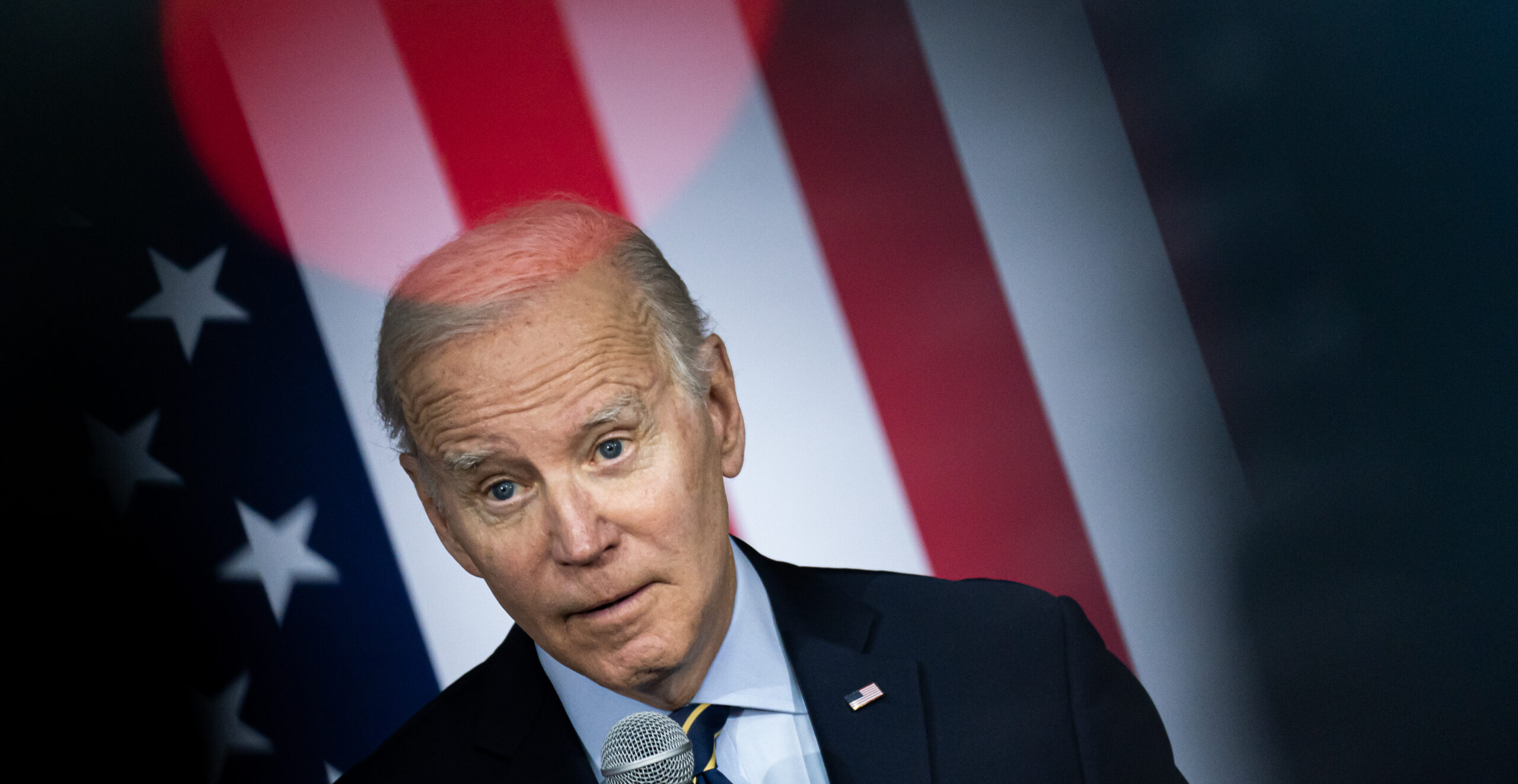If you thought the social media elections era was bad, AI is about to cram a new layer of derangement into an already busting system. “AI will be a significant influence in elections,” Elon Musk told Tucker Carlson, on a recent Fox News interview. “People will use the AI as a tool and then if the AI is smart enough — are they using the tool or are they using them? Things are getting weird and they’re getting weird fast.”
No one does ‘weird’, ‘elections’ and ‘emergent tech’ quite like Dominic Cummings. In the Brexit referendum, he famously enlisted particle physicists to find missing voters. His hired hands used statistical techniques beyond the ken of conventional pollsters to truffle up the forgotten, the left-behind and the unreachable from the rolls.
A longtime AI believer, lately he has been experimenting with a new kind of psephological battle weapon: modelling voters in AI. That is: using ChatGPT-style large language models (LLMs) to come up with personas, then talking to them. ‘A MAGA voter’ or ‘a swing voter’, who can then be probed, via the prompt box, with as many hundreds of questions as you might wish. This he announced on Substack, in a long essay, which delved into his predictions for the 2024 US elections.
The problem is that LLMs are only good at solving yesterday’s problems, bounded as they are by the data set they’re given. Garbage in, garbage out. And as we arrive at 2024, while it might be a good straw poll to get inside the mind of a disenfranchised voter, it hardly beats the real thing.
Of course, fake focus groups are only one application. In the next couple of years, there will be many others. As Cummings points out, victory will belong to whichever side can think of useful, novel applications, and organise their strategy around them. The power of AI is not magic, but organisational horsepower — a compounding advantage that might allow one team to race ahead.
If you can find ways to structure your campaign through AI — maybe through online rapid-rebuttal or through more rapid and elegant voter data capture — the other team will be forced to make sloppier decisions just to keep up with the accelerated pace.
In the rush to own the future, the AI deepfake has been touted as the election killer application — be it the Pope in a puffa, or fake photos of Trump being arrested. But for the kind of news that moves polls, the old system, of big reporters on big important news shows, has proved remarkably resilient.
Conventional reporting will keep the most obvious fakes out of play. But will it save us from people inside the media making up elaborate conspiracy theories about sinister AI systems and how they swung it?
As Cummings points out, the Carole Cadwalladr contingent managed to meme the ‘Russia conspiracy’ into the pages of the New York Times and the Observer. That story didn’t rely on fake photos of Trump bodging a voting machine. It merely relied on a set of ill-informed, credulous media gatekeepers believing that ‘Cambridge Analytica’ and its segmented marketing techniques were a forms of magic, capable of hypnotising thousands of ordinary voters.
It then spread memetically from publication to publication. The fake news virus was inside the system, not howling at the gates. Maybe that’s what we should be worried about instead.











Join the discussion
Join like minded readers that support our journalism by becoming a paid subscriber
To join the discussion in the comments, become a paid subscriber.
Join like minded readers that support our journalism, read unlimited articles and enjoy other subscriber-only benefits.
Subscribe